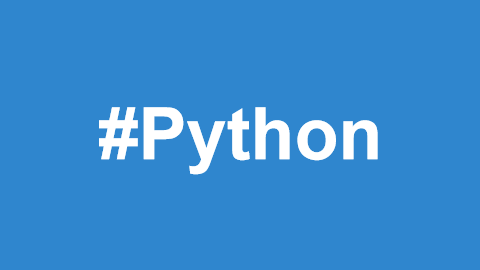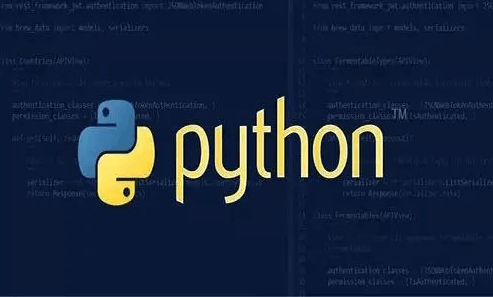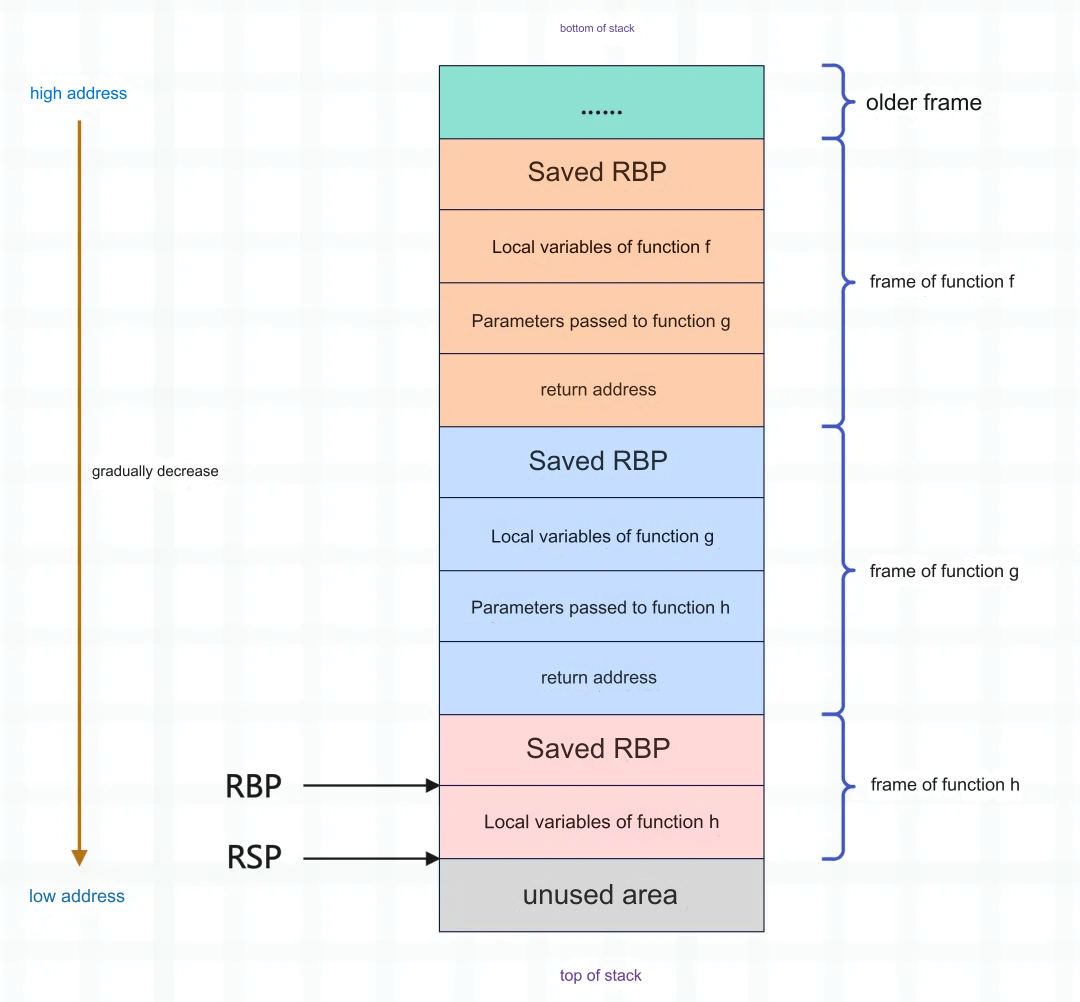Today, we will explore four advanced metaprogramming techniques in Python to help you better understand and leverage this powerful tool. Metaprogramming is an advanced programming technique in Python that allows code to be generated or modified at runtime. This capability makes Python an extremely flexible and powerful language. Here, we’ll delve into four advanced metaprogramming techniques.
1. Using @classmethod and @staticmethod for Metaprogramming with Class and Static Methods
In Python, @classmethod and @staticmethod are decorators used to define class methods and static methods, respectively. Class methods can access class variables, while static methods cannot. We can dynamically create these methods through metaprogramming.
Example Code:
class MetaProgrammingExample:
class_var = "I am a class variable"
@classmethod
def class_method(cls):
return f"Class method called, class_var: {cls.class_var}"
@staticmethod
def static_method():
return "Static method called"
# Dynamically adding a class method
def dynamic_class_method(cls):
return f"Dynamic class method called, class_var: {cls.class_var}"
MetaProgrammingExample.dynamic_class_method = classmethod(dynamic_class_method)
# Dynamically adding a static method
def dynamic_static_method():
return "Dynamic static method called"
MetaProgrammingExample.dynamic_static_method = staticmethod(dynamic_static_method)
# Testing
print(MetaProgrammingExample.class_method()) # Output: Class method called, class_var: I am a class variable
print(MetaProgrammingExample.static_method()) # Output: Static method called
print(MetaProgrammingExample.dynamic_class_method()) # Output: Dynamic class method called, class_var: I am a class variable
print(MetaProgrammingExample.dynamic_static_method()) # Output: Dynamic static method called2. Using the new Method for Object-Level Metaprogramming
The __new__ method is a special method in Python used for creating new instances. By overriding __new__, we can customize the instance creation process.
Example Code:
class SingletonMeta(type):
_instances = {}
def __call__(cls, *args, **kwargs):
if cls not in cls._instances:
cls._instances[cls] = super().__call__(*args, **kwargs)
return cls._instances[cls]
class Singleton(metaclass=SingletonMeta):
def __init__(self, value):
self.value = value
# Testing
singleton1 = Singleton(10)
singleton2 = Singleton(20)
print(singleton1 is singleton2) # Output: True
print(singleton1.value) # Output: 10
print(singleton2.value) # Output: 103. Managing Dynamic Attributes with setattr and getattr
setattr and getattr are built-in Python functions used for dynamically setting and retrieving object attributes. With these functions, we can manage and modify an object's properties at runtime.
Example Code:
class DynamicAttributes:
def __init__(self):
self.attributes = {}
def __getattr__(self, name):
return self.attributes.get(name, None)
def __setattr__(self, name, value):
if name == 'attributes':
super().__setattr__(name, value)
else:
self.attributes[name] = value
# Test
obj = DynamicAttributes()
obj.name = "Alice"
obj.age = 30
print(obj.name) # Output: Alice
print(obj.age) # Output: 30
print(obj.attributes) # Output: {'name': 'Alice', 'age': 30}4. Dynamic Code Execution with exec and eval
exec and eval are powerful Python built-in functions used for executing dynamic code. exec is used to execute code blocks, while eval evaluates expressions and returns their value. However, these functions should be used with caution as they may pose security risks.
Example Code:
# Execute a dynamic code block code_block = """ def dynamic_function(x, y): return x + y """ exec(code_block) result = dynamic_function(10, 20) print(result) # Output: 30 # Evaluate a dynamic expression expression = "10 * (5 + 3)" result = eval(expression) print(result) # Output: 80
Practical Case: Dynamically Generating Classes and Methods
Suppose we need to dynamically create a class based on user input and add specific methods to it. We can achieve this using the techniques discussed above.
Example Code:
def create_class_with_methods(class_name, methods):
# Dynamically create a class
new_class = type(class_name, (object,), {})
# Dynamically add methods
for method_name, method_code in methods.items():
exec(f"def {method_name}(self): {method_code}")
setattr(new_class, method_name, locals()[method_name])
return new_class
# User input
class_name = "DynamicClass"
methods = {
"greet": "return 'Hello, World!'",
"add": "return self.a + self.b",
}
# Create the dynamic class
DynamicClass = create_class_with_methods(class_name, methods)
# Initialize an instance and test
instance = DynamicClass()
instance.a = 10
instance.b = 20
print(instance.greet()) # Output: Hello, World!
print(instance.add()) # Output: 30Conclusion
This article introduced four advanced metaprogramming techniques in Python: using @classmethod and @staticmethod for class-level methods, using the __new__ method for object-level metaprogramming, managing dynamic attributes with setattr and getattr, and executing dynamic code with exec and eval.


